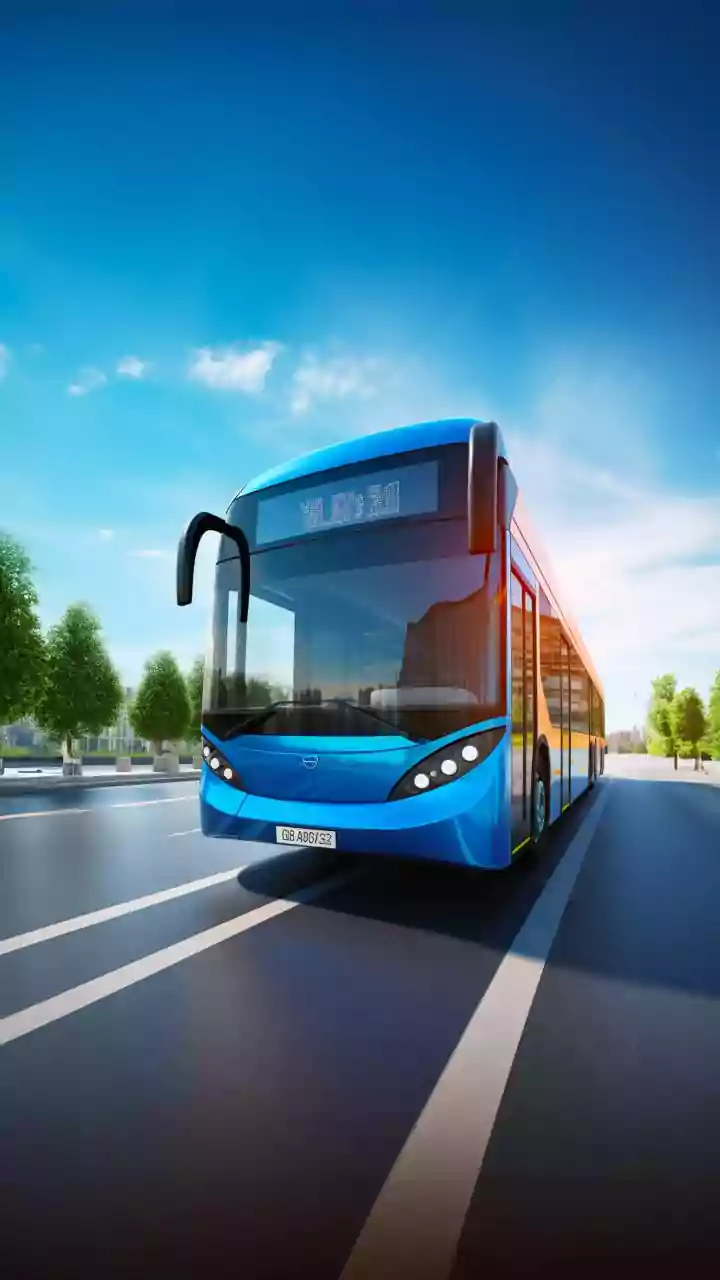Bengaluru, Oct 27 (PTI) Karnataka Transport Minister Ramalinga Reddy has urged Union Heavy Industries Minister H D Kumaraswamy to review the performance of operators running electric buses under the Gross
Cost Contract (GCC) model, citing "safety lapses" and "poor service standards" in Bengaluru’s e-mobility network.
In a letter dated October 25, Reddy raised concerns over the performance of GCC operators functioning under schemes such as FAME II (Faster Adoption and Manufacturing of Electric Vehicles in India), CESL (Convergence Energy Services Limited), Smart City Project and Special Assistance to States for Capital Investment 2023-24.
CESL's model of aggregation-based procurement under a Gross Cost Contract (GCC) framework ensures both efficiency and affordability. Under this model, private operators will own, operate, and maintain the buses, while city authorities will pay a fixed per-kilometer fee.
While Reddy appreciated the environment friendly initiative of electric mobility in public transport across the nation and particularly in Bengaluru, the minister said that he was writing with a "sense of pressing concern and compelling urgency regarding the operational efficacy and service discipline of certain GCC operators" who have been entrusted with the deployment and operation of electric buses in Bengaluru.
“The performance of operators under GCC, predominantly Original Equipment Manufacturers such as NTPC Vidyut Vyapar Nigam, Tata Motors Limited (TML), Switch Mobility, and their associated operating entity, OHM Global Mobility, has fallen significantly short of the standards expected from industry leaders of their stature,” the minister said in his letter.
He claimed that the operators have "failed" to address critical issues such as lack of structured driver training, poor maintenance, frequent cancellations, breakdowns, battery-related problems and insufficient driver preparedness, leading to rise in accidents and repeated flash strikes.
Reddy also pointed out that against the proposed minimum manpower deployment of 2.3 personnel per bus, operators have been deploying only 1.9 to 2.0 personnel per bus as a cost-cutting measure, which has “stained the reputation of BMTC and, by extension, the image of Bengaluru as a progressive metropolis.”
“This glaring gap has rendered frontline personnel ill-equipped to uphold even the most basic standards of service excellence,” he said.
The minister noted that BMTC currently operates about 65,000 trips every day with 7,067 buses — 5,423 diesel-powered and 1,644 electric. While diesel buses maintain a strong safety record with accidents at 0.05 per lakh kilometres, electric buses have recorded a higher accident rate of 0.07 per lakh kilometres, he said.
He urged the Union Minister to initiate a performance review of GCC operators under FAME II, CESL and other projects, with particular emphasis on breakdowns, safety compliance and driver training.
Reddy recommended to include binding clauses in future tender documents, mandating comprehensive and certified driver training protocols by GCC operators, prior to commencement of services.
He also urged the Union Minister to institute a compliance monitoring mechanism jointly undertaken by State Transport Utilities and the Ministry, to ensure adherence to safety and service benchmarks.
“I remain confident that you shall view this matter and take corrective steps at the earliest in the larger interest of commuter welfare and the credibility of e-mobility initiatives,” Reddy added. PTI AMP ROH





















